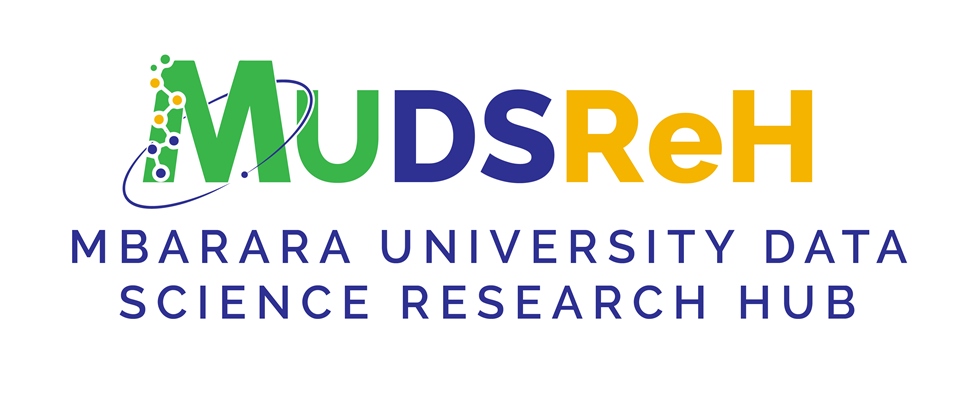Multimodal Database of Retinal Images in Africa (MoDRIA)
Project Summary
Posterior segment eye diseases (PSED) such as glaucoma and diabetic retinopathy (DR) are a major cause of blindness in Africa and are increasing in prevalence as the burden of non-communicable diseases grows. PSED are asymptomatic at the early stages making detection difficult when the treatment prognosis is most favorable.
In recent years, deep learning algorithms using retinal imaging have been shown to accurately detect PSED and are touted as solutions to manpower shortages in Africa where this need is most apparent. Although promising, important gaps exist before this new data science technology can be harnessed in the African population. Deep learning algorithms for PSED need to be tested on a large pool of data from a predominantly black population to establish variations of normative data from retina images before they can be used in Africa.
To address this critical bottleneck, our team of ophthalmologists and data scientists at Mbarara University of Science and Technology, working with Lions Club, the College of Ophthalmology for Eastern Central and Southern Africa [COECSA]), the Ministries of Health of Uganda and Kenya; along with our US based academic partners at Massachusetts General Hospital; and, industry partners Centaurlabs (a medical image labelling company based in Boston, USA) propose to develop the first of its kind “Multimodal Database of Retinal Images for Africa (MoDRIA)” that will combine all types of retinal images from a predominantly black population.
Our preliminary feasibility work in Uganda has already collected close to 3,000 retina images with associated metadata such as demographics, blood sugar, and medical history. Our MoDRIA project will leverage this success to develop PSED screening algorithms and serve a key platform for the Mbarara University of Science and Technology Data Science Research Hub (MUDSReH) in Uganda. It will be used to promote machine and deep learning research into new innovative ways in which retinal imaging algorithms can be used for the management of ophthalmic and non-ophthalmic diseases.
The goals of this project will be achieved through the following aims:
1) Develop “MoDRIA”, a Multimodal Database with Retinal Imaging and clinical data from the African population.
2) Develop MoDRIA deep learning algorithms for diagnosis and classification of PSED.
3) Evaluate the feasibility, appropriateness, and acceptability of using a deep learning algorithm to classify PSED in a real-world African setting using implementation science methodologies.
The MoDRIA database and our planned research aligns well with the objectives of the MUDSReH. Successful translation of artificial intelligence technologies into clinical practice is a main objective of MUDSReH. Our proposal offers a powerful approach for bringing data science to Africa and will be a model for using digital imaging data from other specialties and incorporate new data types. It includes capacity building opportunities in data science and can catalyze many interdisciplinary collaboration opportunities with clinicians.

